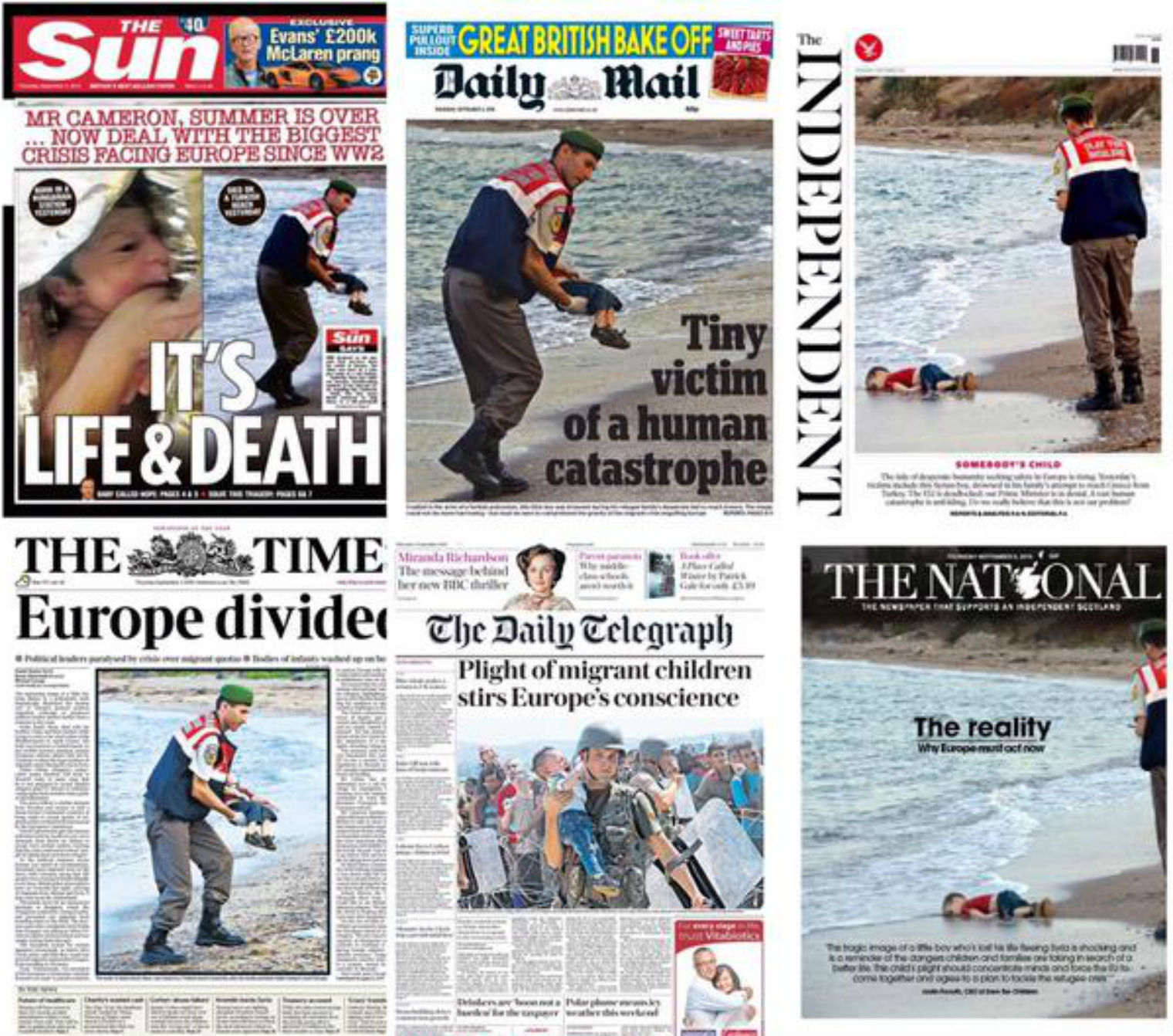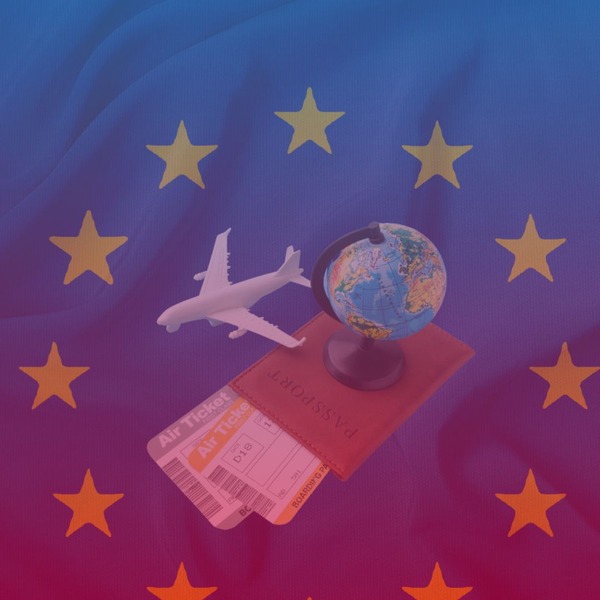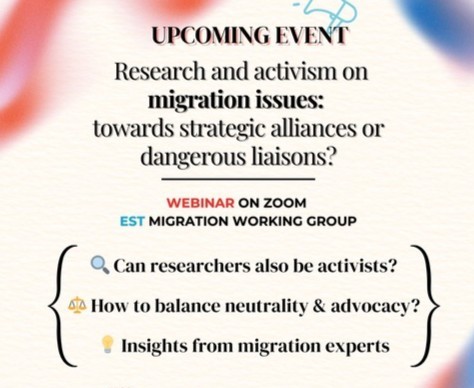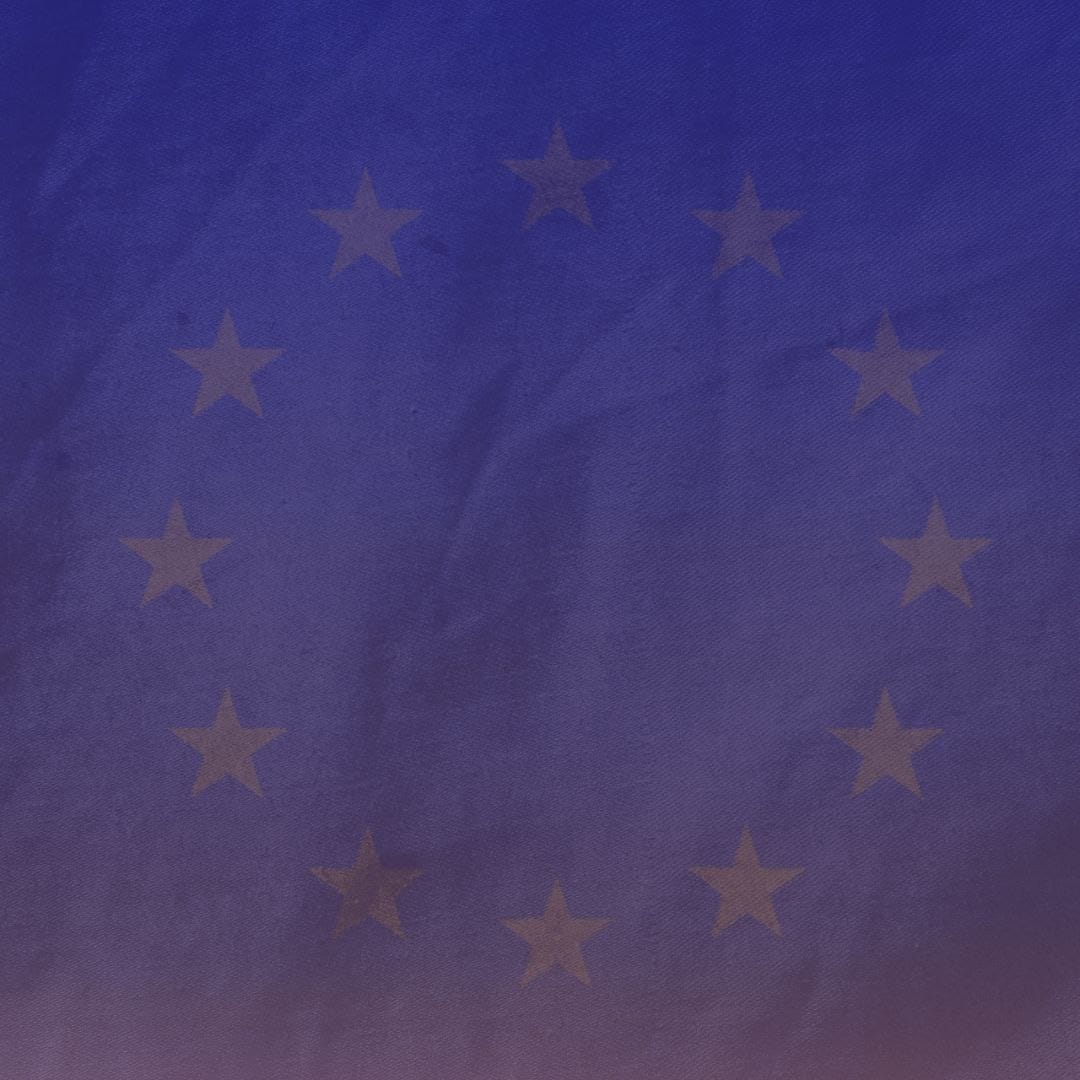
By Johnny Thalassites, student of Law at the University of Bristol and writer for the European Student Think Tank
The tragic death of Aylan Kurdi, a 3 year-old Syrian refugee whose body washed up on the beach in Bodrum, provoked widespread grief in the United Kingdom. David Cameron has rightly tried to be measured in his response so far and has rightly only agreed to take 20,000 people in this parliament directly from the Syrian border.[1]
The public, however, now views David Cameron’s rejection of further refugees entering Europe in a new and callous light. Suffering and significant displacement of innocent people is certainly happening in Syria and other places, but there must be balance. This piece does not dispute the need for action and help, but it seeks to lend proportion to the arguments and to challenge conventional wisdom, with regards to how the UK can help both most effectively and no less important, most sensibly.
Media bias:
As with most things, this humanitarian crisis is much more likely a shade of grey than singular white or black. Indeed, the insistence that every man, woman and child is a “refugee” seems as misguided as that which refers to them solely as “migrants”. Jeremy Corbyn, the new leader of the Opposition, makes this mistake, calling all entrants to Europe “victims of war”.[2] His position is also undermined by an unsophisticated idealism, demanding that British citizens “open your attitude towards supporting people who are desperate…want to contribute to our society, and are human beings just like all of us”. Greater pragmatism is needed for an appropriate and mature response. Conservative MP for Monmouth, David Davis, made a similar mistake. He asserted that: “…those who have opted to risk their lives to come to Europe have done so for economic reasons”.[3] This reduces the entrants to Europe to ‘economic migrants’, as the Daily Mail puts it in the quoted article.
In any case, where the right-wing tabloid press (the Daily Mail and the Sun, in particular) had dismissed all-comers to Europe as ‘economic migrants’, left-wing broadcasters (led by the Guardian and the Independent) now identify only ‘millions of refugees’.[4] The latter group has admonished many intelligent Britons for their, perhaps, impetuous linguistic choices in referring to these people as ‘migrants’ – unhelpfully, even insulting David Cameron’s humanity for referring to them as a “swarm”.[5] The issue of how to find a solution to the crisis is trivialized by such petty, linguistic point-scoring – and finding a solution is made harder by the divisions it creates.
Aylan and culture:
Take poor little Aylan; for, his is a powerful tableau. He and his family were undoubtedly in grave danger in Syria, but had since lived in Bodrum for two years. Bodrum may not be to the liking of some refugees, but it is fundamentally safe – and for refugees, safety must be the first and only concern. Aylan’s father recklessly put him on a boat to more prosperous lands and so this death is not to the West’s eternal shame. The power in that Independent cover is not in its portrayal of Aylan.[6] The power in that Independent cover is in its brutal depiction of the struggle.
It is disingenuous of refugees to demand, and pursue so recklessly, entry to great Western cities (such as London and Berlin).[7] This is particularly so when they are already safe in Muslim metropolises (such as Istanbul and Bodrum). Western powers might be generous to a fault, but surely a more appropriate settlement for refugees is in lands culturally similar to their own. There can be little argument that Turkey and other places far more accessible than the West’s capitals are culturally closer to Syria.
Domestic policy and public services:
That is the cultural side of the debate, but there are also pragmatic areas of consideration. The UK already gives $19.4bn pca of its state funds to foreign aid and this makes it 2nd only to the USA in investment.[8] Therefore, the UK is not the inward-looking Scrooge that it is sometimes portrayed as. This money might now be redirected to funding more and better camps for refugees closer to their countries, so that if and when peace is found, they can more easily return to their rightful homes.
Furthermore, with housing becoming increasingly inaccessible (thousands already sleep rough in the UK), consideration must be given to how refugees might be housed in the UK.[9] Social housing is imperfect, sometimes enforcing years of waiting lists on its subjects. Thus, to give homes to refugees without waiting lists would strike at the heart of equality and fairness in Britain.
If homes cannot be built or cannot be made available in time, taking in refugees would mean more homeless, and more strain on the Government’s purse-strings. With cuts to the National Health Service and policing, it is difficult to countenance such investment.[10]
There remains the issue of unemployment (currently at 5.4%), and also that of education.[11] Every refugee must find a job and/or a school – and with the current population already finding that challenging, thousands of refugees, unlikely to have command of the English language, will place unprecedented strain on the system. If the government cannot create enough jobs or school places for refugees, then benefits would be necessitated at potentially disastrous expense to the taxpayer. The funds must come from somewhere.
Freedom of movement and the EU:
All of this must also be viewed through the prism of the UK’s present relationship with the EU. Britain’s net migration rate is at an all-time high (330,000 last year) and the UK is, in reality, a small land.[12] British borders are subject to ‘freedom of movement’ and there is no way, yet, to slow this influx of migrants, aside from voting to leave the UK in 2017. Truth be told, though, because Britain is not in the Schengen zone, it is not subject to the same level of freedom of movement as countries such as Germany and France.[13] So, voting to leave the EU would do less to stop the influx of people entering the UK as it would to articulate broader discontent towards EU policy. Due to freedom of movement, and its resultant strain on public services, Britain must approach immigration and refugees from outside the EU with equal doses of pragmatism and empathy.
None of this is to say that refugees should be turned away or that none should be permitted to enter the United Kingdom. That would be a callous and unnecessarily definite stance. Simply put, however, the UK cannot accept all refugees. In fact, it probably cannot even reasonably support many more refugees than the 20,000 currently proposed. Moreover, not all of those currently entering Europe are refugees – and this makes it yet harder for Western governments to discern who needs help most.
Conclusion
Far more effective than this perilous upheaval for refugees and its resultant undue strain on public services in Europe, would be to immediately redirect foreign aid to go directly to the building of and improvement of refugee camps. Safe havens must be vital to any solution to the crisis. These are not ideal conditions – and might presently be mediocre conditions, in fact – but refugees do not, by way of their suffering, gain the right to roam the world freely. Refugees should first be protected by their own Arabic nations (Qatar, Saudi Arabia and so on) and then, once those nations have helped, the load should be shared across Europe. There cannot be the impassive demand that all refugees be let into prosperous nations, and refugees themselves should not necessarily choose their new home.
Many entrants to Europe are desperate and their suffering is significant. There is no question they need help and that this is a humanitarian crisis. An EU summit with the aim of setting out an agenda for progress would go a long way in providing leadership.
David Cameron’s sensible current policy should discourage people from making the hazardous journey to Europe when it might endanger them. The UK is generous in foreign aid, and would do well to take in some refugees, but the quixotic notion that we should take in hundreds of thousands is an ill-considered one that needs redress in the media.
This piece expresses the opinions of the author only and does not necessarily reflect the position of the European Student Think Tank.
References
[1] http://www.bbc.co.uk/news/uk-34171148
[2] http://www.bbc.co.uk/news/uk-34234679
[3] http://www.dailymail.co.uk/news/article-3240010/Number-refugees-arriving-Europe-soars-85-year-just-one-five-war-torn-Syria.html
[4] http://www.dailymail.co.uk/news/article-3230384/Fears-terrorists-economic-migrants-obtaining-Syrian-passports-checks-bid-reach-Europe-10-000-handed-embassy-Jordan-just-one-month.html
[5] http://www.theguardian.com/uk-news/2015/jul/30/david-cameron-migrant-swarm-language-condemned
[6] http://www.independent.co.uk/news/world/europe/if-these-extraordinarily-powerful-images-of-a-dead-syrian-child-washed-up-on-a-beach-don-t-change-10482757.html
[7] http://news.sky.com/story/1557225/refugee-its-germany-or-nothing-for-us
[8] http://www.oecd.org/dac/dacmembers.htm
[9] http://www.homeless.org.uk/facts/homelessness-in-numbers/rough-sleeping/rough-sleeping-explore-data
[10] http://www.independent.co.uk/news/uk/politics/ministers-wont-rule-out-nhs-staff-cuts-as-part-of-33bn-health-service-efficiency-savings-10293971.html
[11]https://www.google.co.uk/publicdata/explore?ds=z8o7pt6rd5uqa6_&met_y=unemployment_rate&idim=country:uk:fr&hl=en&dl=en
[12] http://www.bbc.co.uk/news/uk-34071492
[13] http://www.theguardian.com/commentisfree/2015/sep/22/eu-borders-eurosceptics-britain-refugee-crisis-europe

 The ’Ndrangheta’s Infiltration and Threat to European Institutions
The ’Ndrangheta’s Infiltration and Threat to European Institutions  From Paper to Practice: How Grassroots Norms Undermine Gender Rights in Pakistan
From Paper to Practice: How Grassroots Norms Undermine Gender Rights in Pakistan  Exploited Childhoods: The Role of Global Corporations in Perpetuating and Mitigating Child Labour
Exploited Childhoods: The Role of Global Corporations in Perpetuating and Mitigating Child Labour  Human Rights Challenges in Addressing SLAPPs in Media, NGOs and Journalism in the EU
Human Rights Challenges in Addressing SLAPPs in Media, NGOs and Journalism in the EU 


